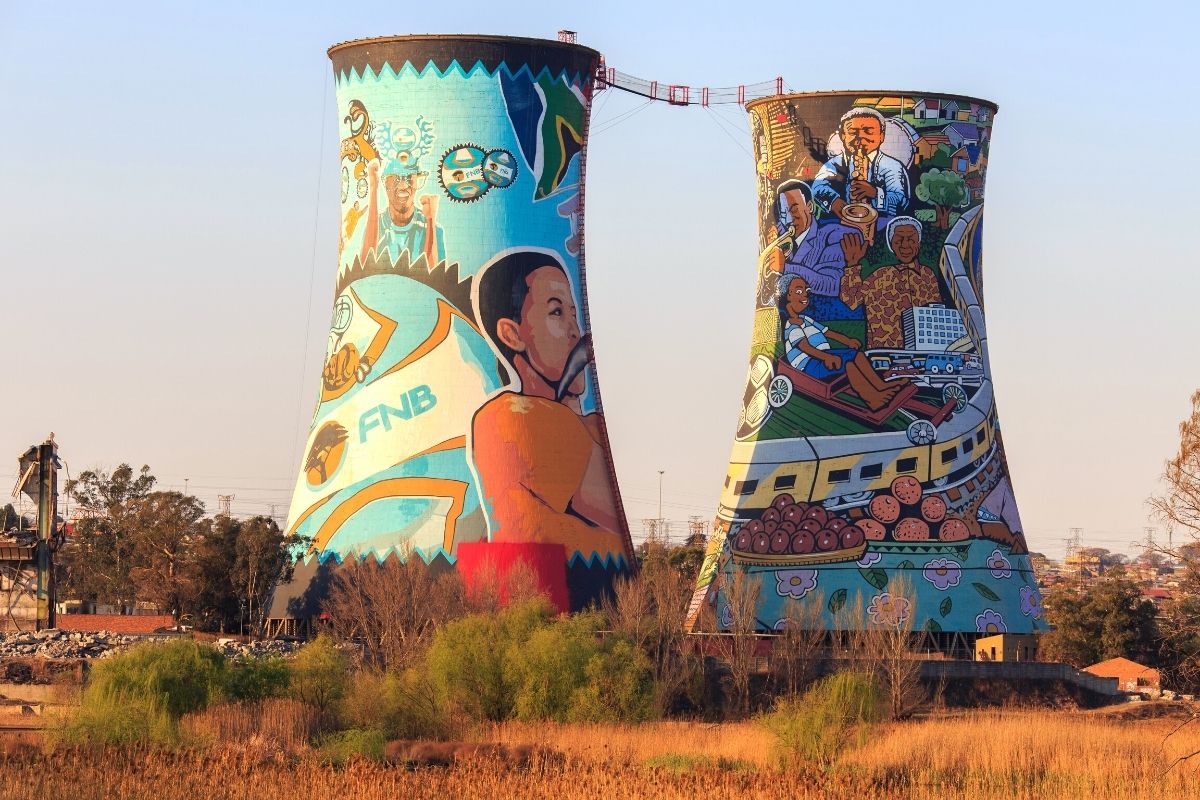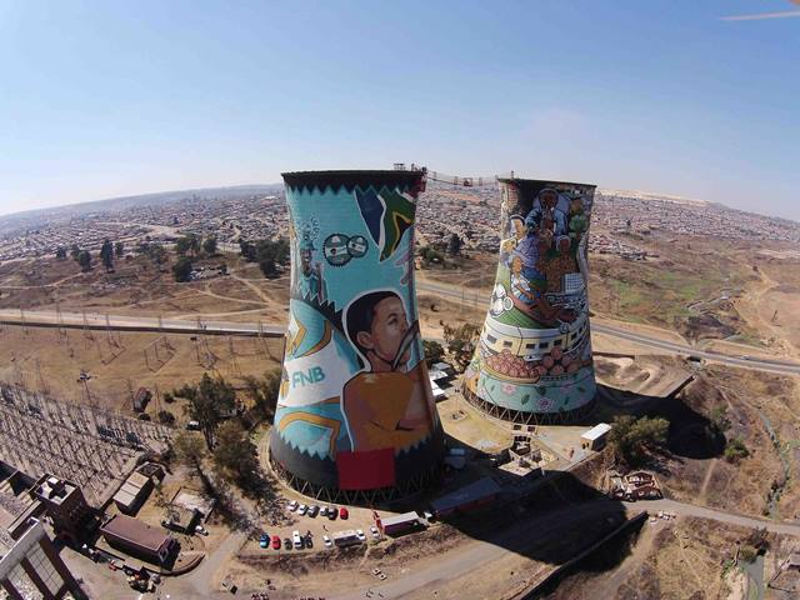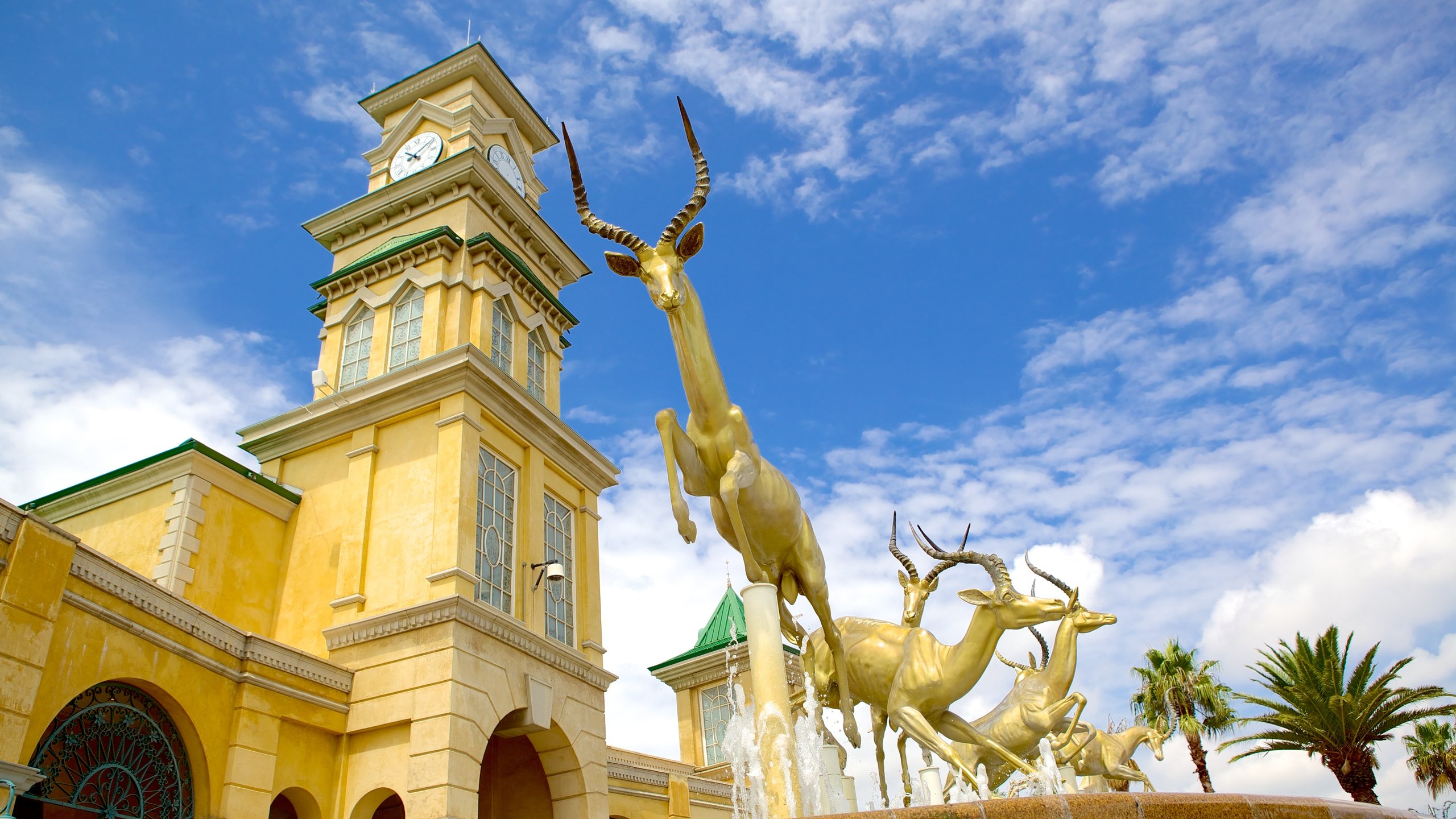Johannesburg North Attractions Things To Know Before You Get This
Johannesburg North Attractions Things To Know Before You Get This
Blog Article
7 Easy Facts About Johannesburg North Attractions Explained
Table of ContentsSome Known Details About Johannesburg North Attractions The Buzz on Johannesburg North AttractionsThe Johannesburg North Attractions IdeasThe Buzz on Johannesburg North AttractionsAn Unbiased View of Johannesburg North AttractionsFacts About Johannesburg North Attractions RevealedJohannesburg North Attractions for Beginners
You should maintain security in mind and travelers have to remain alert at all times when in strange surroundings. Talk to the residents when you are in community to discover the location you are staying in. Johannesburg North attractions. When on the road (this doesn't put on mall and other safe environments) finest general guidance is to attempt your ideal to appear like a regional and to stay clear of showing any kind of form of wide range
The 25-Second Trick For Johannesburg North Attractions
Professor Revil Mason O. J. (Thomson, 1946) discovered the Witwatersrand's pre-colonial history. His archaeological work blew up the 'em pty land' myth, according to which the region was lacking human habitation prior to the arrival of European inhabitants. In his publications Prehistory of the Transvaal: A Document of Human Activity (1962) and Origins of Black Individuals of Johannesburg and the Southern Western Central Transvaal AD 3501880 (1986 ), Professor Mason demonstrated the extent of social and economic advancement in the area prior to Europeans established foot here.

About Johannesburg North Attractions
He showed the government's authorization, approved after he had actually testified keep his explorations key. In 1874, small mining operations were begun in the Magaliesberg, where an Australian, Henry Lewis, had actually discovered gold deposits. In 1878, David Wardrop found gold in quartz capillaries at Zwartkop, north of Krugersdorp. In 1881, Stephanus Minnaar discovered gold on the farm Kromdraai, near the Cradle of Mankind.
In March 1886, a protrusion (quickly to be called the Main Reef) was discovered, fairly fortunately, on Gerhardus Oosthuizen's farm Langlaagte. Some say that the Lancastrian coal miner George Pedestrian found this coral reef. One more travelling English miner, George Harrison (that had formerly functioned in Australian mines) acquired a prospecting permit in respect of Langlaagte in May 1886.
He decided to move on in a quest for greener fields, and disposed of his Langlaagte claim for the princely sum of 10. Alas: below lay the richest goldfield ever found. The discovery of this rich auriferous reef provoked a gold look at these guys rush that signalled completion of agrarian serenity in the southerly Transvaal.
It would, within six years, end up being the largest town in southern Africa. Within a years, it would certainly make the Z. A. R. till after that an anarchical and bankrupt little state the wealthiest nation in Africa. By the millenium, the Z. A. R. was to surpass Russia, Australia and the United States of America to become the world's leading gold producer, creating even more than a quarter of the globe's gold.
How Johannesburg North Attractions can Save You Time, Stress, and Money.
It was referred to as Ferreira's Camp, called after Colonel Ignatius Ferreira. He was a Boer traveler upon whom the British authorities had actually presented the status of Companion of one of the most Distinguished Order of St Michael and St George (qualifying him to the post-nominal letters C. M. G.) in gratefulness for his function in the war that had deposed the Pedi king Sekhukhune in 1879.
Two other camps were developed: Meyer's Camp on the ranch Doornfontein, and Paarl Camp. The latter was nicknamed Afrikander Camp; numerous individuals from the Cape Colony cleared up there.

Excitement About Johannesburg North Attractions
This name acquired money by word of mouth, such that the State Secretary attested the name to the Mining Commissioner on 9 October 1886. Stands in the town were auctioned on 8 December 1886. While some stands were cost 10, others were torn down for as low as sixpence.
2 years later, these erven were to alter hands for as high as 750 each. The tented camps diminished as a dorp of corrugated iron buildings developed and increased north of the mines located along the Key Reef Roadway. Areas such as Jeppe's Town (where working-class immigrants erected their homes) and Doornfontein (where the affluent new 'Randlords' began to construct their extravagant houses) were quickly contributed to the ever-expanding map of the community.
The Main Principles Of Johannesburg North Attractions
Apart from the road names, there were no signs of Johannesburg being situated in a Dutch-speaking country., virtually everyone talked English and also the Government servants addressed one in English, unless they were first dealt with in the Taal (or Low Dutch)'.
Therefore, Britain had a rate of interest in making sure ideal problems for gold manufacturing on the Witwatersrand, which the gold was exported to London rather than Berlin a vital made all the more clamant by the Z. A. R - Johannesburg North attractions.'s increasing toenadering with Germany. Mine owners got on a clash with Head of state Kruger, whose plan of monopolistic concessions (frequently given to his cronies) stopped mining business from procuring supplies of products (particularly dynamite) and work by themselves, less expensive terms
The 5-Second Trick For Johannesburg North Attractions
In 1890, the Volksraad had actually restricted the franchise business to white men who had try this out actually lived in the Z. A. R. for fourteen years or longer, hence disqualifying a lot of the immigrants (who took place to be the significant factors to the fiscus). Frustration for the ballot was a simple pretext for advertising a different schedule; many uitlanders concerned themselves as short-lived visitors and had no intent of continuing to be in the Z.
Report this page